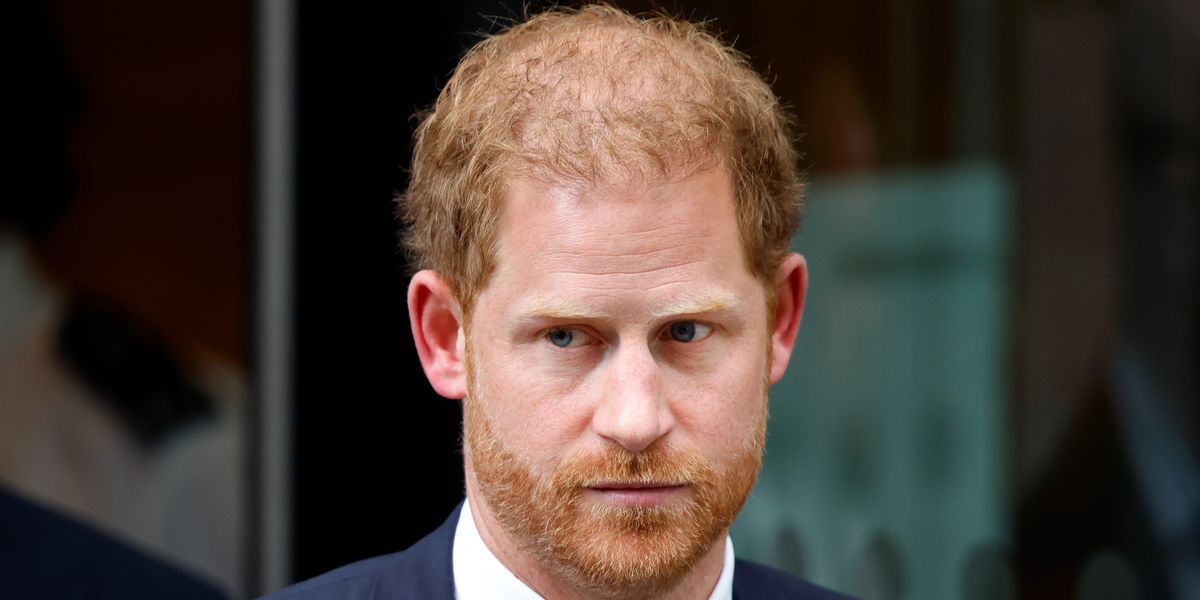Prince Harry’s US visa records case returns to court today for the first time since Donald Trump’s return to the presidency, as a judge reconsiders whether to make the documents public.
The hearing at US District Court in Washington, DC will determine whether to vacate a previous ruling that kept the Duke of Sussex’s visa application private.
Judge Carl Nichols ordered lawyers to appear in court at 7pm for a “motion for relief from judgment” hearing, following challenges from The Heritage Foundation.
The case marks its first appearance in US courts since Trump took office on January 20.
The Heritage Foundation is challenging Judge Nichols’ September ruling, arguing he “relied too much on secret evidence” in keeping the records private.
Prince Harry’s US visa records case returns to court today for the first time since Donald Trump’s return to the presidency, as a judge reconsiders whether to make the documents public.
Getty
Samuel Dewey, representing the Heritage Foundation, told The Times: “In our view, the reliance on this evidence combined with the Biden administration’s prior bad faith requires the judge to vacate his decision and allow us to address the secret evidence.”
Parts of the original judgment were redacted, particularly facts about Harry’s immigration status and records, as well as contents of his visa application.
The conservative think tank is pursuing the case after their initial Freedom of Information Act request was rejected.
The case stems from Prince Harry’s admissions about drug use in his memoir Spare, which prompted questions about his eligibility to enter the United States.
The case stems from Prince Harry’s admissions about drug use in his memoir Spare, which prompted questions about his eligibility to enter the United States.
Getty
The Heritage Foundation argued that US law “generally renders such a person inadmissible for entry” to the country based on such drug admissions.
The think tank claims the matter is of “immense public interest”, particularly regarding what Harry disclosed on his visa application when moving to America in 2020 after stepping down as a senior royal.
They argue that answers about his prior drug use could raise questions over the US government’s integrity.
In his September ruling, Judge Nichols stated “the public does not have a strong interest in disclosure of the duke’s immigration records”.
The judge emphasised that “like any foreign national, the duke has a legitimate privacy interest in his immigration status”.
He noted that Harry’s public statements about drug use did not eliminate his right to keep specific immigration information private.
LATEST ROYAL NEWS:
The judge noted that Harry’s public statements about drug use did not eliminate his right to keep specific immigration information private.
Getty
Judge Nichols, who was appointed by Trump in 2018, concluded that any public benefit from disclosure would be limited.
“The marginal public benefit of knowing that limited information is outweighed by the privacy interest the duke retains in his immigration status and records,” he ruled.
In his memoir, Harry wrote that cocaine “didn’t do anything for me”, while noting “marijuana is different, that actually really did help me”.
The Department of Homeland Security (DHS) has defended keeping the records private, stating: “Much like health, financial, or employment information, a person’s immigration information is private personal information.”
